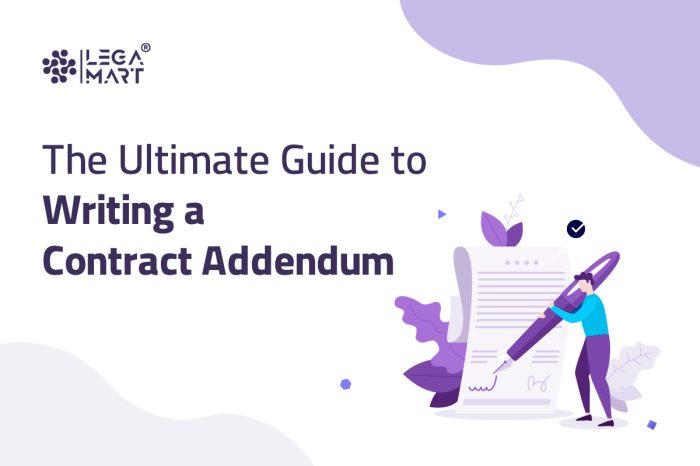Joint venture agreement
A joint venture agreement is a legal agreement between two or more parties to collaborate on a specific business project. It involves sharing resources, risks, profits, and losses. Joint ventures raise various legal issues, including the governing law of the agreement, intellectual property rights, tax implications, and dispute resolution mechanisms. It is essential to have a well-drafted joint venture agreement that addresses these legal issues to avoid future disputes and ensure the success of the project.
Find best lawyers for Joint venture agreement
Issues related to Joint venture agreement
What is Joint venture agreement?
A joint venture agreement is a legal agreement between two or more parties to collaborate on a specific business project. It involves sharing resources, risks, profits, and losses. Joint ventures raise various legal issues, including the governing law of the agreement, intellectual property rights, tax implications, and dispute resolution mechanisms. It is essential to have a well-drafted joint venture agreement that addresses these legal issues to avoid future disputes and ensure the success of the project.
General explanation:
Joint ventures refer to informal business relationships in which two or more entities enter into agreements to share certain items to take on specific missions or business projects, including Resources, Funds, and Expertise.
Tax issue:
One of the primary goals in structuring a joint venture is to ensure that it is tax-efficient to minimise tax leakage on any profits made. We illustrate these principles by reference to a joint venture in the form of a corporate entity (rather than a partnership) with corporate shareholders, as opposed to individuals. Suppose a partnership (limited or limited liability partnership) is chosen for the joint venture vehicle. Different tax considerations will apply in that case, as the vehicle will be tax transparent in many cases. In addition, shareholders will wish to ensure that the joint venture is not adversely impacted by tax issues relating to other shareholders. As a result, the joint venture documentation typically includes two sets of tax protections – one set relating to pre-completion matters (which may be dealt with under specific agreements between the JV company and the relevant shareholder) and one relating to post-completion issues (which are typically dealt with in the JV agreement itself).


Legal criteria of a valid joint venture:
For a joint venture to be legally valid, the following criteria must be met:
- The joint venture must have a valid business purpose.
- The joint venture must be entered for bona fide commercial reasons.
- The joint venture must be appropriately constituted under the law of the jurisdiction in which it is formed.
- Each party to the joint venture must have the capacity to contract (be of legal age and competent).
- The parties must agree on the terms of the joint venture in writing.
Termination of a joint venture agreement:
If you have a joint venture agreement, you should contact an experienced business lawyer to terminate the contract. Terminating a joint venture agreement can be complicated and may vary depending on the terms of the deal. Generally, there are two ways to end a joint venture agreement: mutual consent or one party’s breach of the contract. If termination is done by mutual consent, both parties must agree to end the arrangement. If termination is done because one party breaches the agreement, the other party may need to take legal action to enforce the agreement’s terms. Therefore, if you’re considering terminating a joint venture agreement, it’s essential to consult with an attorney.

Insurance of a joint venture agreement:
There are a few key insurance issues to be aware of in a joint venture agreement. One is that the various parties’ insurance policies should be reviewed to ensure that they cover the joint venture’s activities. Another issue is that, for the joint venture to be covered by liability insurance, all parties involved must be named on the policy. If someone is listed on the policy, they may be able to collect damages if something goes wrong. Finally, it’s vital to ensure that each party has adequate liability insurance coverage if something happens and they are sued. With proper coverage, a party could avoid significant financial damages if they are held liable for something wrong with the agreement. There are a few key insurance issues to consider when entering a joint venture agreement:
- What type of insurance coverage is required for the joint venture?
- What happens if one party is sued or held liable for damages?
- How will disputes between the parties be resolved?
- Who is responsible for losses or damages suffered by the joint venture?
- How will the insurance premiums be paid?
Latest Articles
Tell us more about your problem.
Please give a brief description about what it is you need to talk to our lawyers about ?
Frequently Asked Questions
What is a joint venture agreement in the United Kingdom, and how is it enforced?
In the United Kingdom, a joint venture agreement is a legal contract between two or more companies sharing skills, risks, rewards, and control over a specific project. The agreement will be enforced through the courts.
What are the advantages and disadvantages of a joint venture agreement in China?
Joint venture agreements in China can offer access to local knowledge, resources, and markets. However, there may be different cultural and legal norms, restrictions on foreign ownership, and potential disputes over IP and control.



